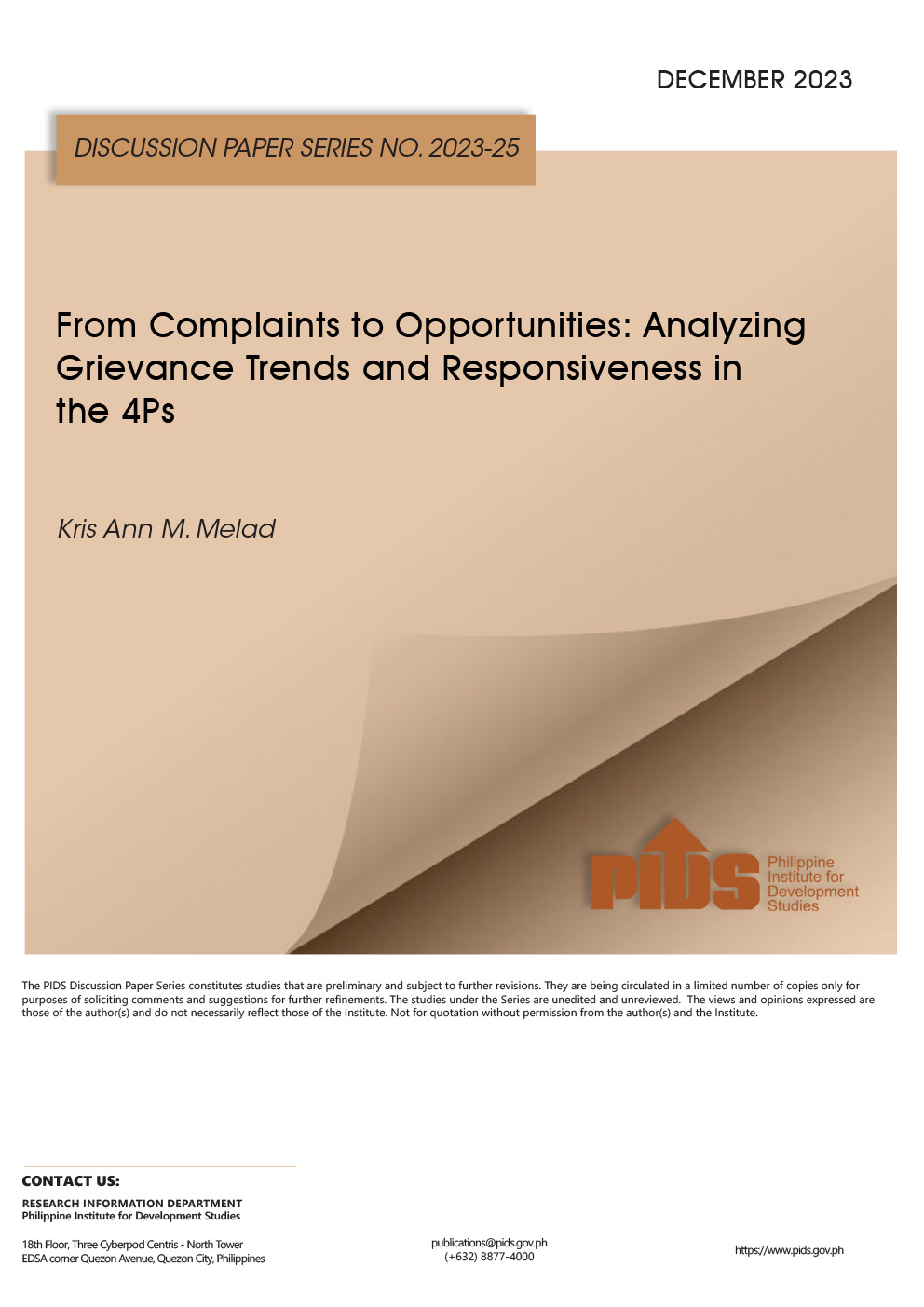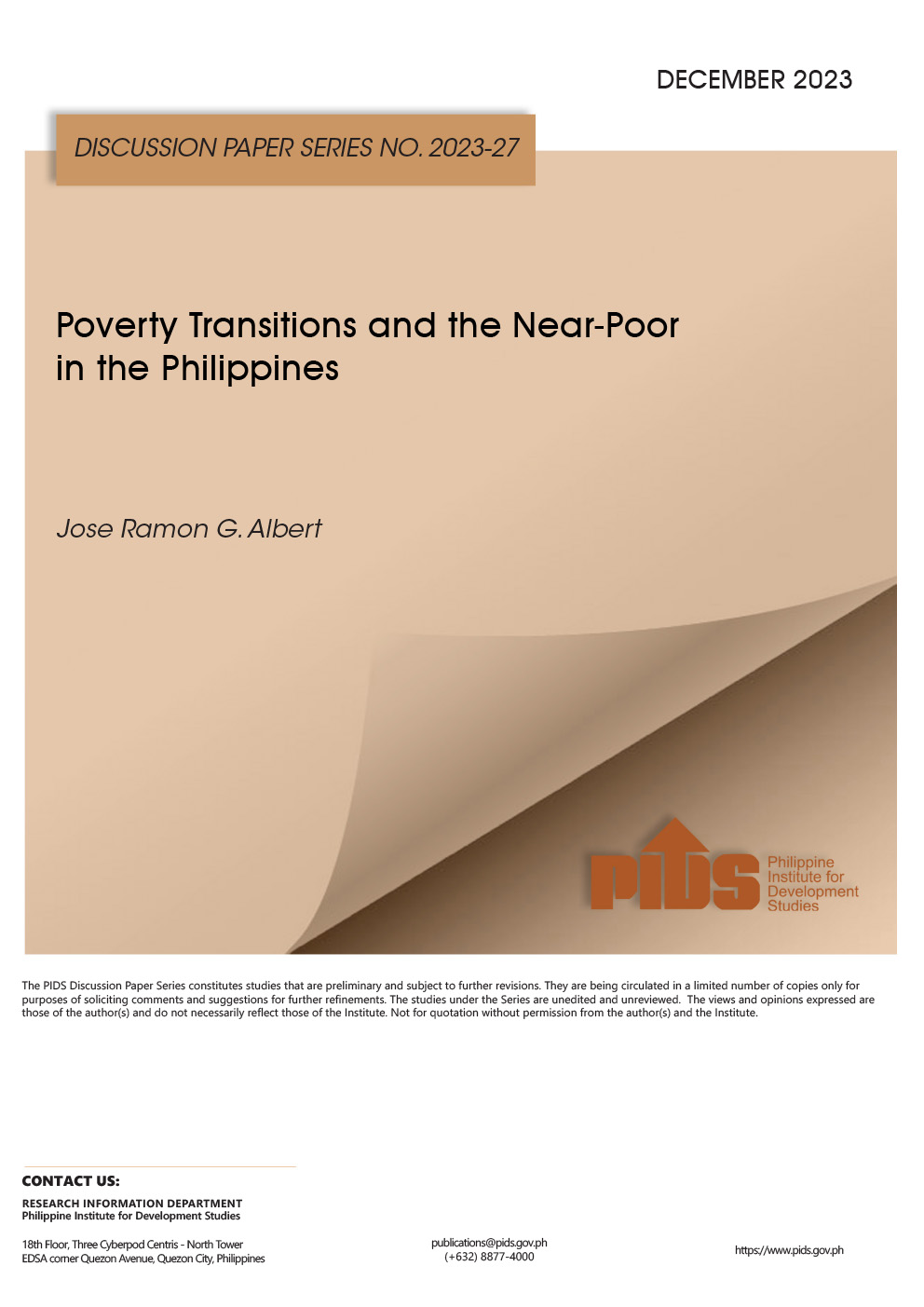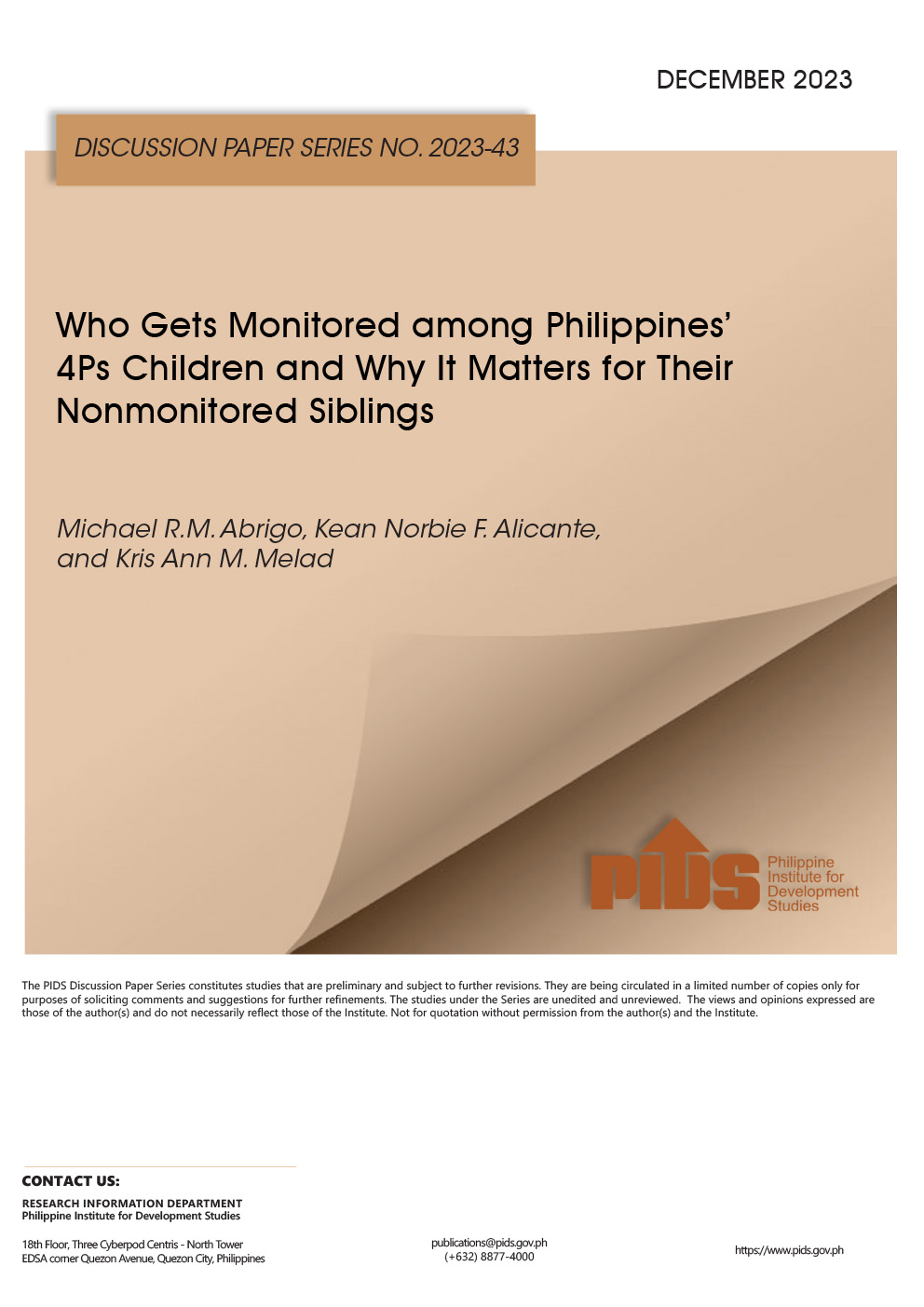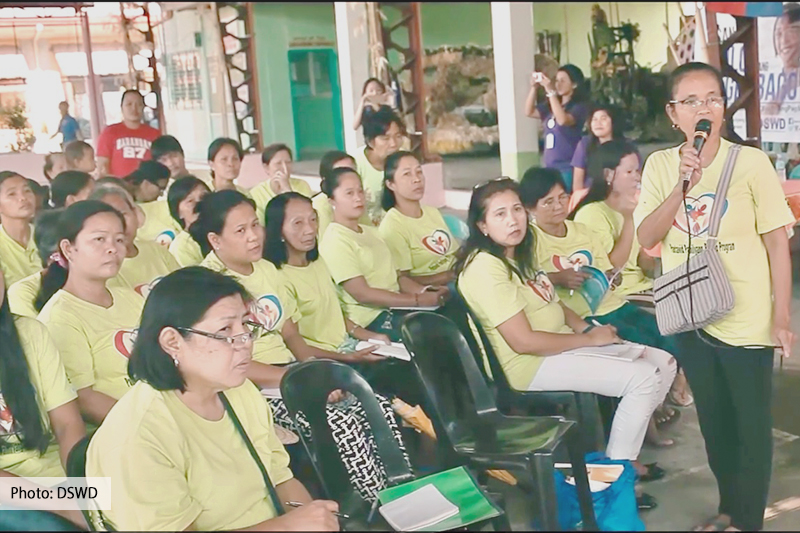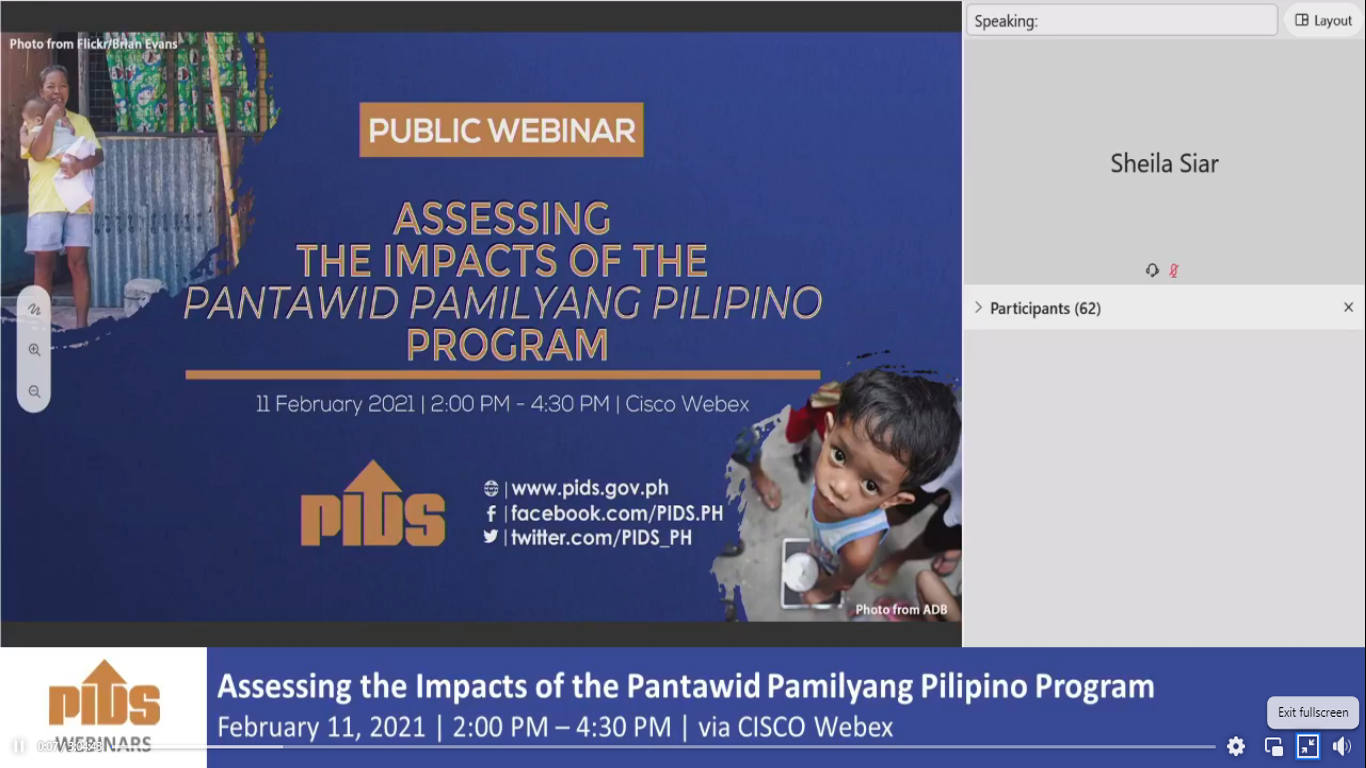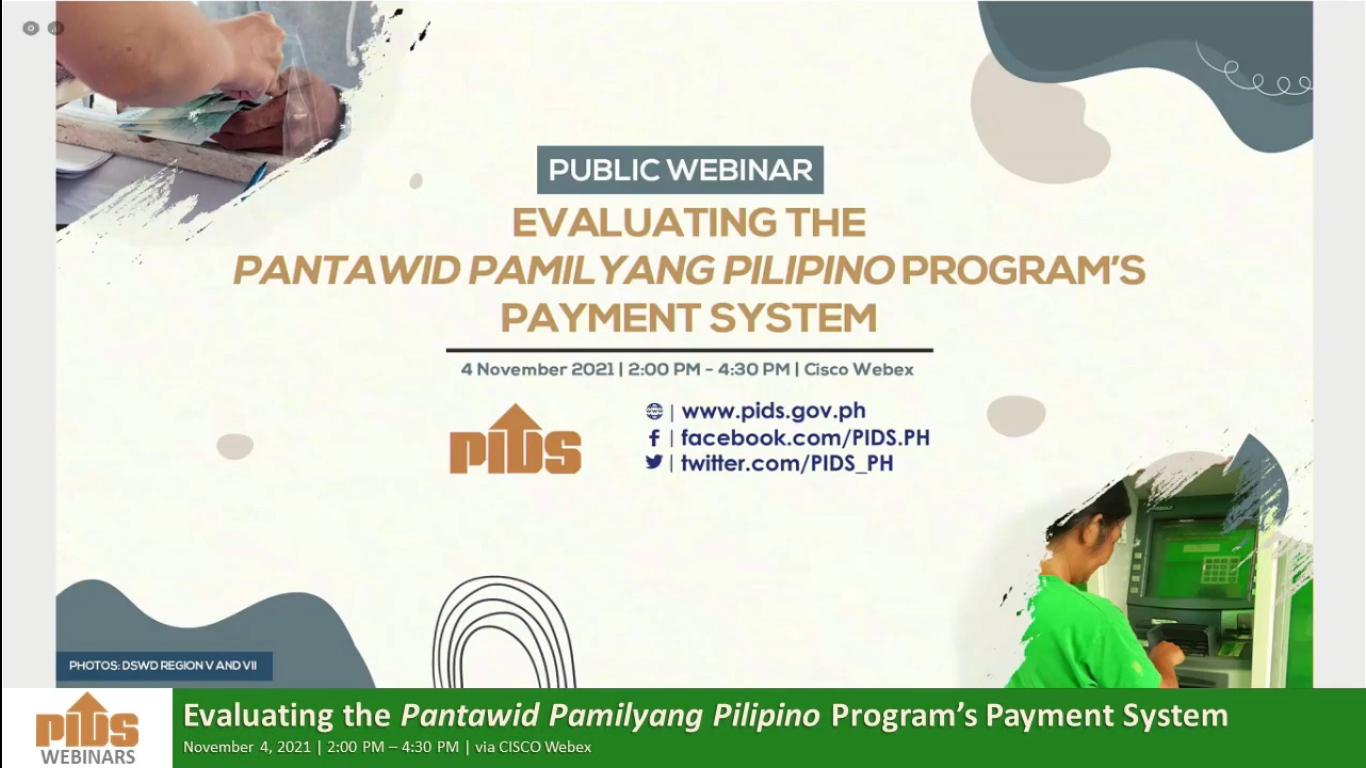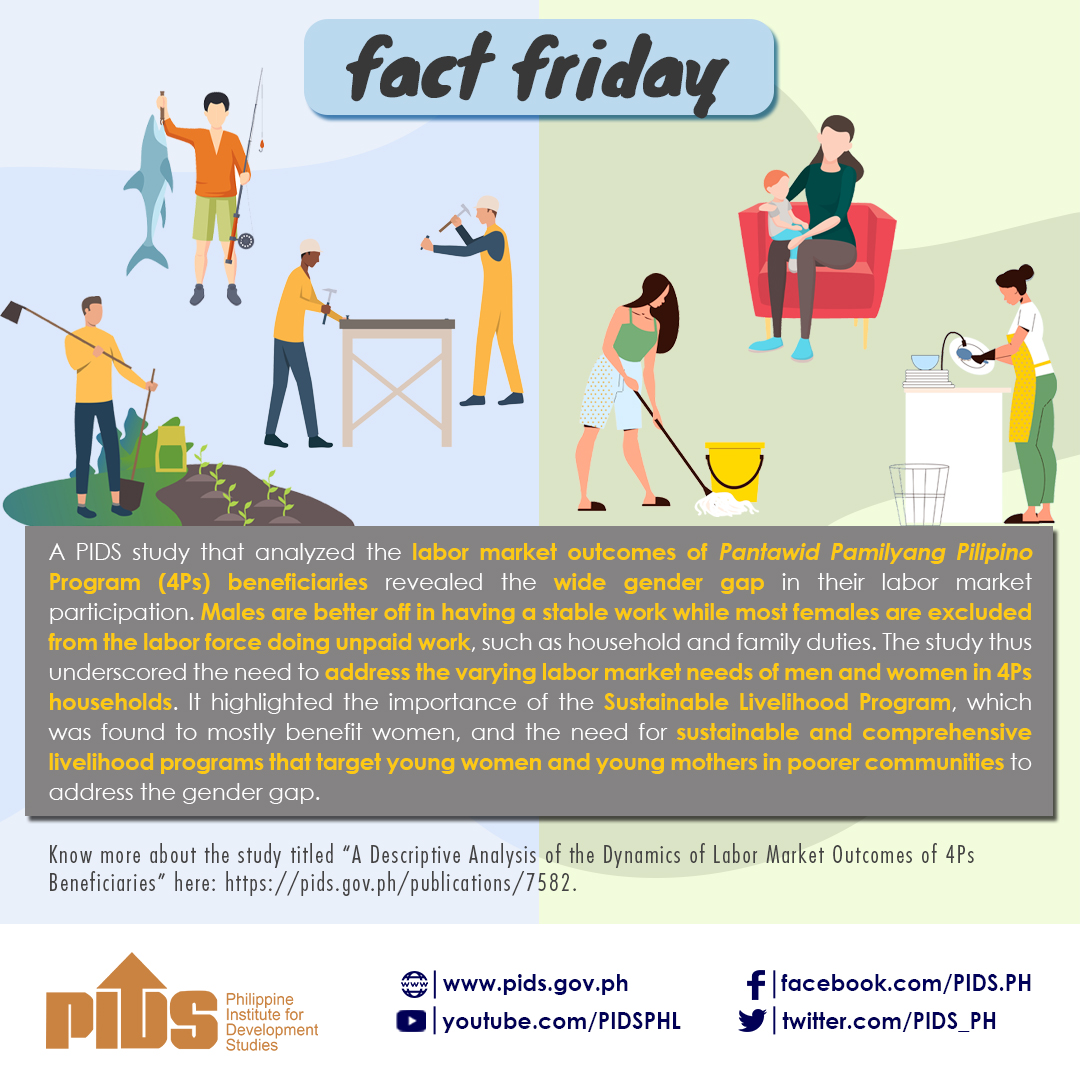The Pantawid Pamilyang Pilipino Program (4Ps) is the government’s first true venture into solving the great poverty problem by identifying and targeting poor people to receive benefits directly, rather than by assuming that much benefit from untargeted programs would trickle down to them.
The Pantawid was well discussed at a roundtable of prominent social scientists, organized by the National Academy of Science and Technology last Feb. 8. Its beneficiaries are culled from a massive registry (Listahanan) of 10 million candidate households, whose basic economic data—not income, which is too complex to measure quickly—are recorded by the Department of Social Welfare and Development (DSWD).
From these 10 million, DSWD chose about four million households, which it considers the poorest, as program beneficiaries. (Pantawid started in 2008, but took a few years to build up its capacity.)
The program works by transferring cash—P500 per family per month, plus P300 per child (maximum three children) as educational allowance for 10 months—for the family to spend any way it likes, subject to five conditions: 1. pregnant women must attend pre- and post-natal care and be professionally attended at childbirth; 2. parents must attend family development sessions covering responsible parenting, health, and nutrition; 3. children age 0-5 must receive regular preventive health checkups and vaccines; 4. children age 6-14 must receive deworming pills twice a year; and 5. children age 3-18 must attend school for at least 17 of every 20 class days.
This implies that a 4Ps family might receive cash from a child’s birth up to when it finishes basic education—a total of 13 years if funded up to junior high school, 15 years if up to senior high school—after which time the child should be ready to work for a meaningful wage. Pantawid is not a quickie program.
The children will wind up with better education, and better health, than their poor parents. The second generation thereby crosses over from the poverty of the first generation; it makes tawid.
Pantawid was designed to get survey evidence. Two types of surveys have been commissioned, by the World Bank and/or DSWD: (a) for spot-checks on program implementation, and (b) for program impact evaluation. The survey requirements are laid out and then subjected to open bidding; Social Weather Stations has won a fair number of the bids. I personally attest that the SWS raw data are of high quality, and are all archived at SWS for further study as needed.
These are not easy surveys to do. They require interviews of all the parties of the program—beneficiaries, both parents and children; teachers, who record school attendance; nurses and other staff at health centers; local government officials; money disbursement (by ATM) centers. Very many of these parties are in remote areas, where poor people live.
SWS’ work has been to gather the data for submission in digital form, with topline summaries. The sponsors share the data with specialists from the Philippine Institute for Development Studies (PIDS), the World Bank, and the Asian Development Bank for detailed analysis.
The analysts have concluded that Pantawid is being properly implemented, and is attaining its objectives. Some key survey-backed findings:
The poor are rational in the use of their money, like anybody else.
Pantawid has kept the children in school, rather than dropping out, usually after Grade 7, to add to family income.
It has lessened the time spent by children in paid work, giving them more time for their studies.
It has improved access to essential health services, benefiting both children and mothers.
It has raised household expenditures on education and clothing.
It has NOT raised family expenditures on vices like alcohol, tobacco, and gambling.
Adult members of 4Ps households are just as hard-working as their non-4Ps counterparts; they are NOT lazy.
Voters as a whole (not just the beneficiaries) appreciate Pantawid very much, and will NOT vote for politicians who try to emasculate it.
But Pantawid needs a full generation of 25 years to make the full impact the country needs. Woe to those salivating for its funds!

